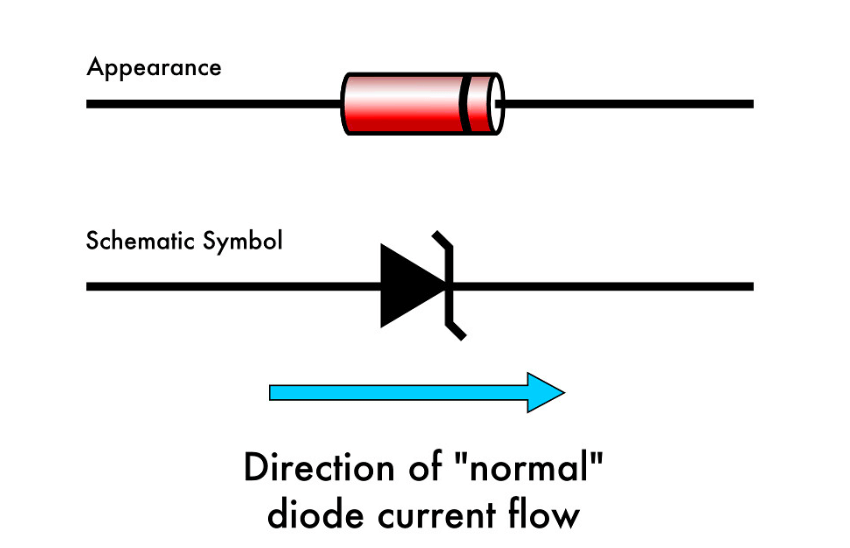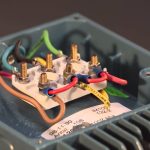A zener diode is a silicon diode that is optimized to work in what is known as the breakdown region. This means that hey are able to conduct when they are reverse-biased. This is unlike normal diodes, which will self-destruct. A zener diode’s breakdown voltages can range from 2 to 200 volts, making it useful in a variety of applications.
One popular usage is that of a voltage regulator. This is due to the zener’s ability to maintain constant output voltages when there are current changes in the circuit. This makes zeners ideal as inputs to other circuits, or as voltage references for op-amps

Testing
Zeners are tested the same way you would a regular diode. To recall, diodes behave like a switch that is open in one direction but closed in the other. Before testing, make sure that the multimeter is placed on the diode setting.
Measure the forward-biased voltage of the diode by placing the positive or red lead of the multimeter on the diode’s anode part. This is the side of the zener that is unmarked. The negative or black lead of the multimeter should be on the cathode or marked side of the diode. A forward-biased silicon diode should read 0.5 to 0.7 volts, so this is the reading you should see for the zener.
To test the reverse-biased voltage, switch the multimeter leads. The multimeter should indicate an overload or no voltage drop, indicating no current flow or infinite resistance.

Identification
Zeners may be indistinguishable from regular diodes. Zener diodes may have a dark plastic casing with a dark stripe, which is the same coloring as that of other diodes. Many other zener diodes are copper colored, and are enclosed in a glass casing with a white or black or blue stripe. Still others may have metal casings.
If the diode is loose and you don’t have the package, find the number that is on the casing. For example, it may be 1N4734A or 1N751. This is enough information for you to do a search using your favorite search engine. Another method is go directly to a manufacturer’s or distributor’s website such as Fairchild Semiconductor or Newark, and look for the component there.

Sometimes the diode is not loose, but is soldered to a circuit board. It may be soldered in such a way that you are unable to see the number. In cases like this, look to see if the zener diode symbol is displayed on the board. The symbol is the same as that of a regular diode, save that the bar representing the cathode has extra lines that point up and down.


